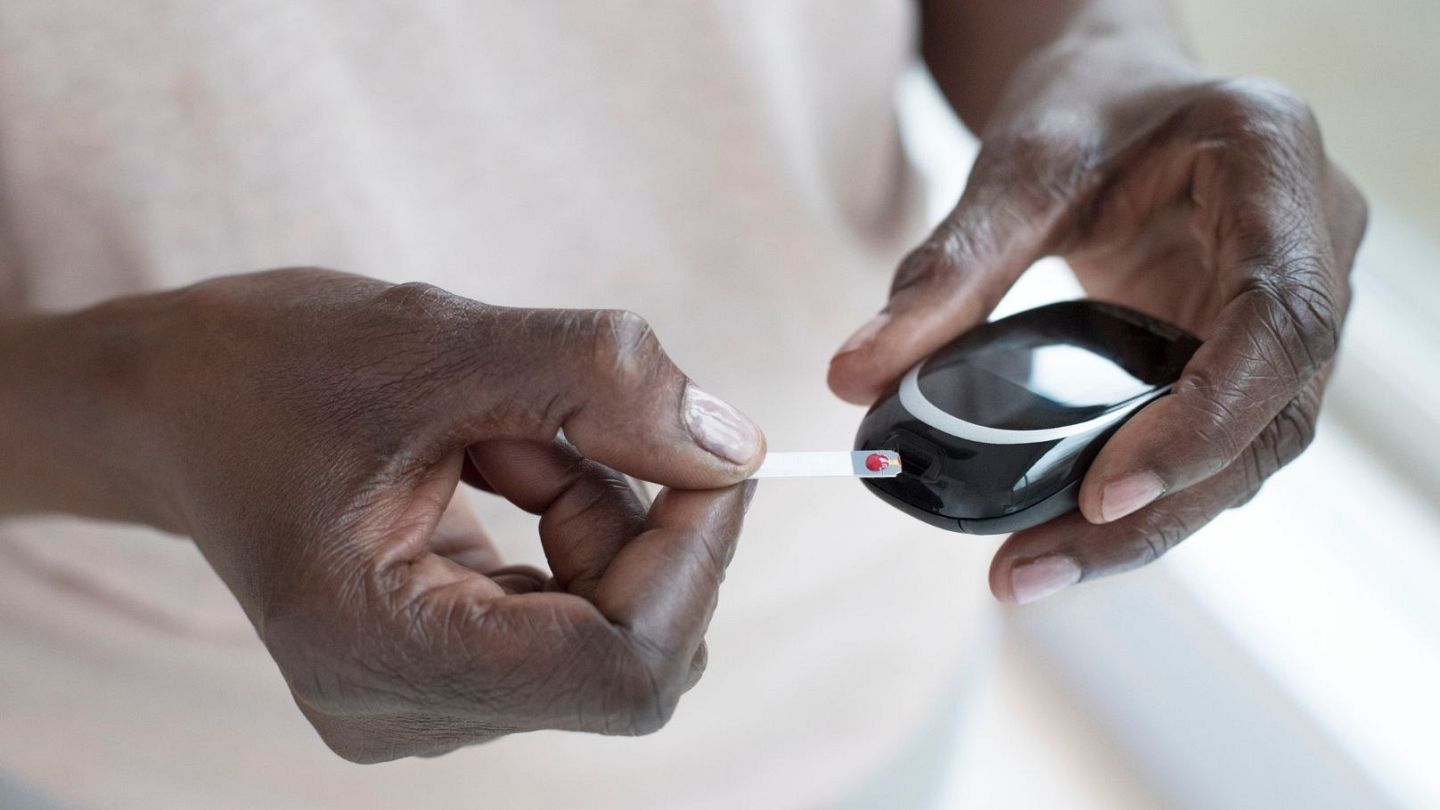
Nearly half of people with diabetes worldwide do not know they have the chronic health condition, a new analysis has found.
That gap comes despite an uptick in diabetes diagnoses since the turn of the century, according to the study, which was published in The Lancet Diabetes & Endocrinology journal.
The share of patients who receive diabetes treatment or have optimal blood sugar levels is also low globally, the study found.
An estimated 830 million people worldwide have diabetes, according to the World Health Organization (WHO). That is expected to rise to 1.3 billion by 2050, the researchers said.
They analysed health data from 204 countries and territories in 2023, and found that worldwide, 44.2 per cent of people aged 15 or older with diabetes did not know they had the condition.
Central sub-Saharan Africa had the largest gaps, with fewer than 20 per cent of people with diabetes being aware of their condition.
“If nearly half [of people with diabetes] don’t know they have a serious and potentially deadly health condition, it could easily become a silent epidemic,” Lauryn Stafford, one of the study’s authors and a researcher at the US-based Institute for Health Metrics and Evaluation (IHME), said in a statement.
But even patients who have a diagnosis can struggle to access the right treatment. Globally, 8.6 per cent of diagnosed patients were not receiving treatment for their diabetes, the study found. Among those being treated, 58.4 per cent had poor blood sugar management.
Overall, nearly four in five people with diabetes globally did not have their blood sugar under control.
There were significant gaps by region. People were most likely to be diagnosed in high-income parts of North America, and most likely to be treated in high-income parts of the Asia Pacific region.
People receiving treatment in the southern parts of Latin America were most likely to have good blood sugar control.
Left untreated, diabetes can cause life-threatening complications such as diabetic ketoacidosis, which is when the lack of insulin causes ketones, or acids, to build up in the blood.
Untreated diabetes can also affect the heart, kidneys, blood vessels, eyes, and nerves. Early diagnosis and blood pressure management can help people avoid these problems.
Diabetes symptoms include blurred vision, feeling tired, losing weight without trying, feeling thirsty, and needing to urinate frequently. Symptoms can be mild and take years before people notice them, the WHO said.
Symptoms typically appear faster for people with type 1 diabetes, which is less common and must be treated with insulin.
The researchers called for more efforts to detect, treat, and manage diabetes worldwide.
“Targeted interventions to bolster health-care systems’ capacity to effectively diagnose and manage diabetes could lead to better health outcomes and reduce the burden of this growing disease,” they said.